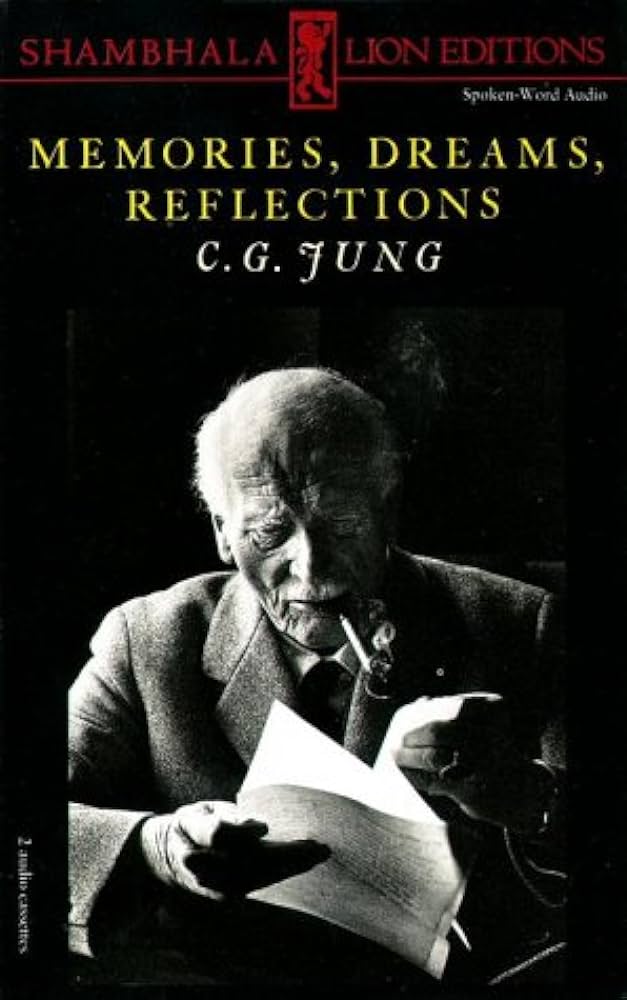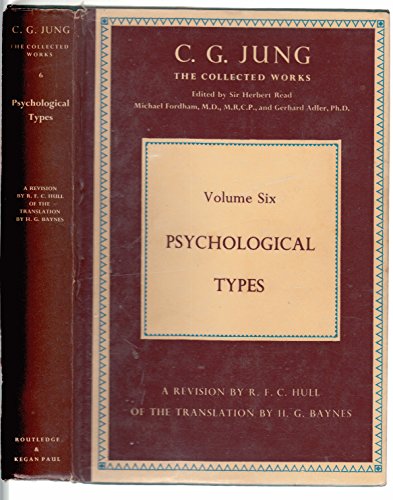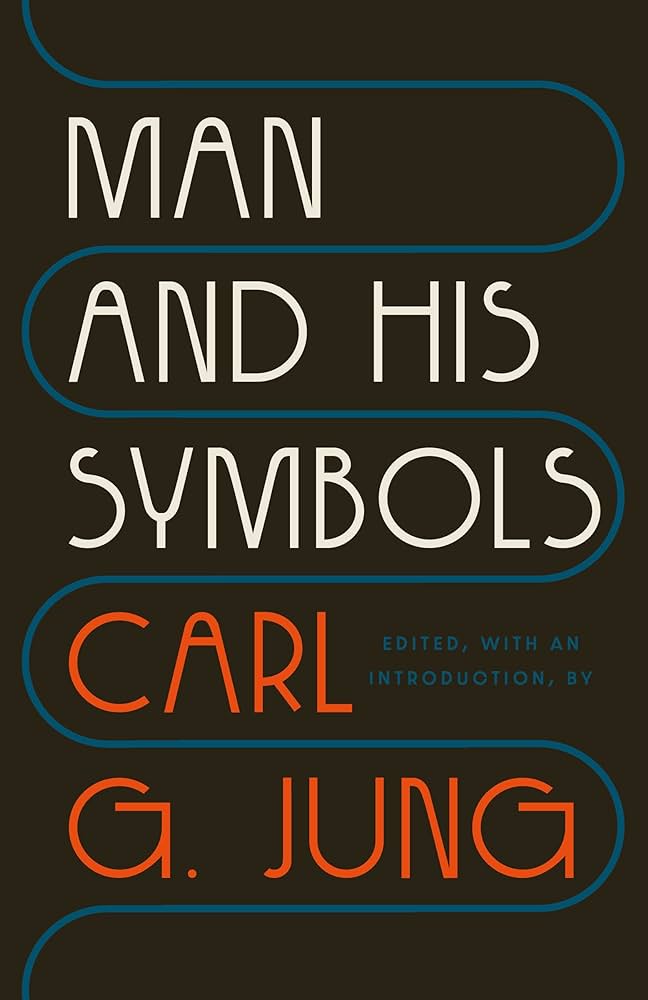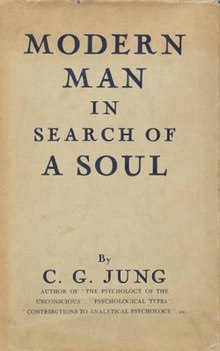Carl Jung, the renowned Swiss psychiatrist, left an indelible mark on psychology. His theories on the unconscious mind, archetypes, and individuation continue to spark discussions and influence fields beyond psychology. If you’re curious about Jung’s profound ideas, here are 5 of his best works to embark on your journey:
1. Memories, Dreams, Reflections (1961): This captivating autobiography offers a window into Jung’s life and the development of his groundbreaking concepts. It’s not just a dry recounting of facts; Jung delves into his dreams, visions, and self-analysis, providing a fascinating glimpse into the mind of a genius (interestingly, some critics found these aspects fantastical). Regardless, it’s a compelling read for anyone interested in Jung’s personal journey and the genesis of his theories.

2. Psychological Types (1921): This foundational work explores Jung’s concept of psychological types – introversion and extroversion. He posits that individuals orient their energy either inwards (introverted) or outwards (extroverted). This insightful book, translated into over 20 languages, has had a significant impact on personality psychology. However, some argue that the introvert-extrovert spectrum is too simplistic and doesn’t capture the full range of human personality.

3. Man and His Symbols (1964): Co-authored with several Jungian analysts, this book presents a clear and accessible explanation of Jung’s central ideas. It delves into dreams, myths, art, and religion, exploring how these aspects of human experience reflect the collective unconscious – a reservoir of shared archetypes and experiences. “Man and His Symbols” remains one of Jung’s best-selling works, praised for its engaging presentation of complex concepts (although some critics find it a watered-down version of his deeper theories).

4. Modern Man in Search of a Soul (1933): In this collection of essays, Jung addresses the anxieties and spiritual struggles of the modern world. He argues that the decline of religious belief has left people feeling adrift, disconnected from their inner selves. The book emphasizes the importance of individuation, the process of integrating the conscious and unconscious aspects of the psyche. This work resonated deeply with readers during a tumultuous period in history, but some argue that Jung’s focus on religion is less relevant in today’s secularized world.

5. The Archetypes and the Collective Unconscious (1959): This collection of essays delves into Jung’s concept of archetypes – universal, symbolic patterns that shape human experience. From the mother archetype to the hero archetype, these primordial images, according to Jung, are ingrained in the collective unconscious, influencing our dreams, myths, and behavior. This challenging yet rewarding book provides a deeper understanding of Jung’s core theories, but be prepared to grapple with complex philosophical and psychological concepts.

These five works offer a gateway into the rich and multifaceted world of Carl Jung’s thought. Whether you’re a seasoned psychology buff or simply curious about the human psyche, Jung’s ideas offer valuable insights for understanding ourselves and the world around us. So, delve into these pages and embark on your own psychological exploration!











